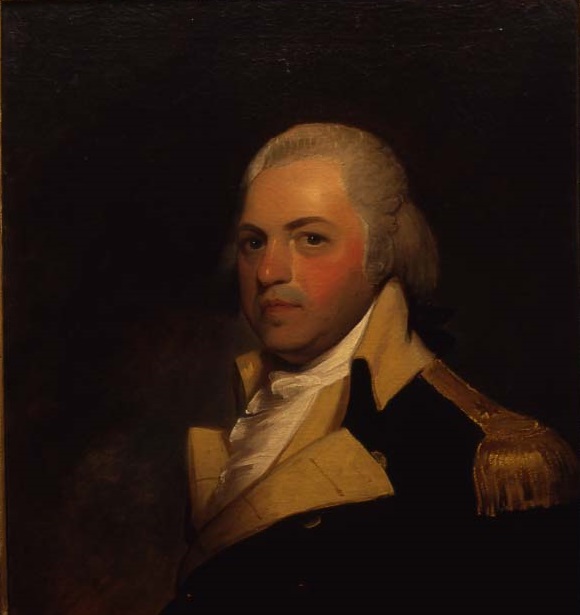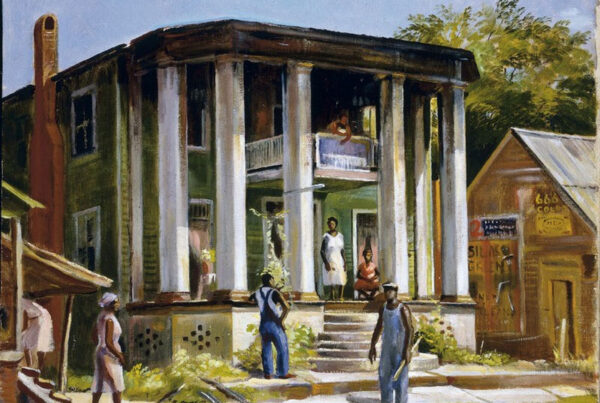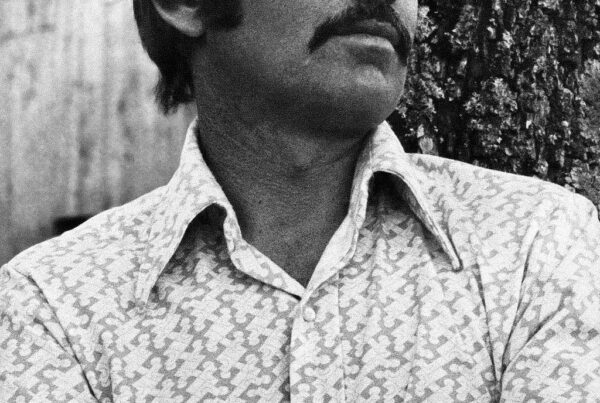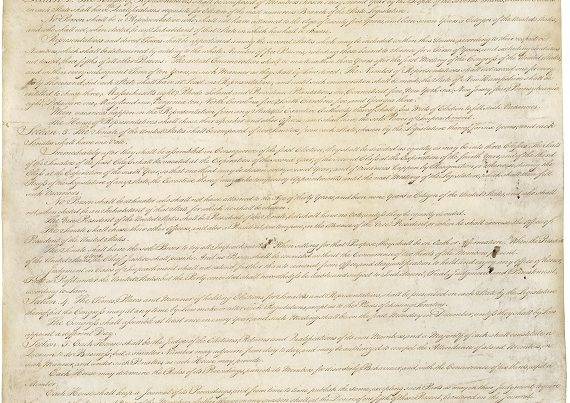What attributes make a man? More importantly, what made a Southern man? Two famous Southern men had much to say about this. George Washington and Lighthorse Harry Lee, Robert E. Lee’s father, spilled ink on the subject, Washington in a short book titled Rules of Civility and Decent Behavior in Company and Conversation and Lee in letters to his eldest son Charles Carter Lee. These “rules” formed sound advice and were given in a time that demanded gentlemanly behavior.
Washington’s code of conduct served him well. He was considered the best conversationalist, athlete, and dancer in Virginia. He loved a good joke and women enjoyed his polite conversation. Washington exemplified the ideal man of the court, if not the ideal man in general. He had what Castigleone called the sprezaturra, an effortless display of manly demeanor both around men and women. This part of his character is often ignored or denounced by modern historians as insincere. One of these modern sages (a feminist from Massachusetts) went as far as to call Washington “sort of a boob.” Jealousy has no expiration date.
Washington advised young men to do simple things to promote decency:
EVERY Action done in Company, ought to be with Some Sign of Respect, to those that are Present.
When in Company, put not your Hands to any Part of the Body, not usualy Discovered.
SLEEP not when others Speak, Sit not when others stand, Speak not when you Should hold your Peace, walk not on when others Stop.
Shew not yourself glad at the Misfortune of another though he were your enemy.
LET your Discourse with Men of Business be Short and Comprehensive.
WEAR not your Cloths, foul, unkept or Dusty but See they be Brush’d once everyday day at least and take heed that you approach not to any Uncleaness.
ASSOCIATE yourself with Men of good Quality if you Esteem your own Reputation; for ’tis better to be alone than in bad Company.
BE not Angry at Table whatever happens & if you have reason to be so, Shew it met but on a Chearfull Countenance especially if there be Strangers for good Humour makes one Dish of Meat a Feast.
Henry Lee’s advice to Charles Carter Lee echoed Washington. In fact, Lee admitted he learned much from the American hero among other great men of history. Lee wrote most of these letters to his son while close to death, miserable from mistakes he had made throughout life. He wanted his son to avoid the same calamities and to live honorably and virtuously, like the cavaliers they counted as ancestors. Robert E. Lee later read the same letters and regarded them as the tutelage he never personally experienced. His character was shaped by both Washington and his father, Lighthorse Harry Lee, by words that whispered from the grave.
Men can still learn much from Lee’s instruction:
I would rather see you unlettered and unnoticed, if virtuous in practice as well as theory, than see you the equal in glory to the great Washington.
Fame in arms or art, however conspicuous, is naught, unless bottomed on virtue.
Cleanliness of person is not only comely to all beholders, but is indispensible to sanctity of body. Trained by the best of mothers to value it, you will never lose sight of it.
Many lads…fall into another habit which hurts only themselves and which certainly stupefies the senses–immoderate sleeping.
You know my abhorrence of lying, and you have been often told by me that it led to every vice and cancelled every tendency to virtue. Never forget this truth and disdain this mean and infamous practice.
Avoid debt, the sink of mental power and the subversion of independence, which draws into debasement even virtue, in appearance, certainly, if not in reality. “A man ought not only to be virtuous in reality, but he must always appear so,” thus said to me the great Washington.
It may therefore be considered as a truth demonstrated by the history of man, that a continuous and ardent excitement of the mind, especially in regaining lost or defending menaced rights, places man in that train of mind and body which brings forth the greatest display of genius; especially after the storm has subsided, and the mind, reposing with security in the sweets of tranquillity, meditates without fear.
Do you ride and shoot well? These are secondary, but they are agreeable, useful, and manly.
Manly, honorable, virtuous, heroic, civil, decent, intelligent, active, honest, words that seem lost in the modern American lexicon, particularly from a generation of men who seem more comfortable idling away the hours. If America is to be restored, and if the South is to lead as it traditionally has, her men must heed the wisdom of her past. This is best learned from a mother’s knee and a father’s guidance. Yet, even that is fading in the twilight.







